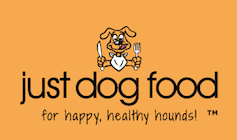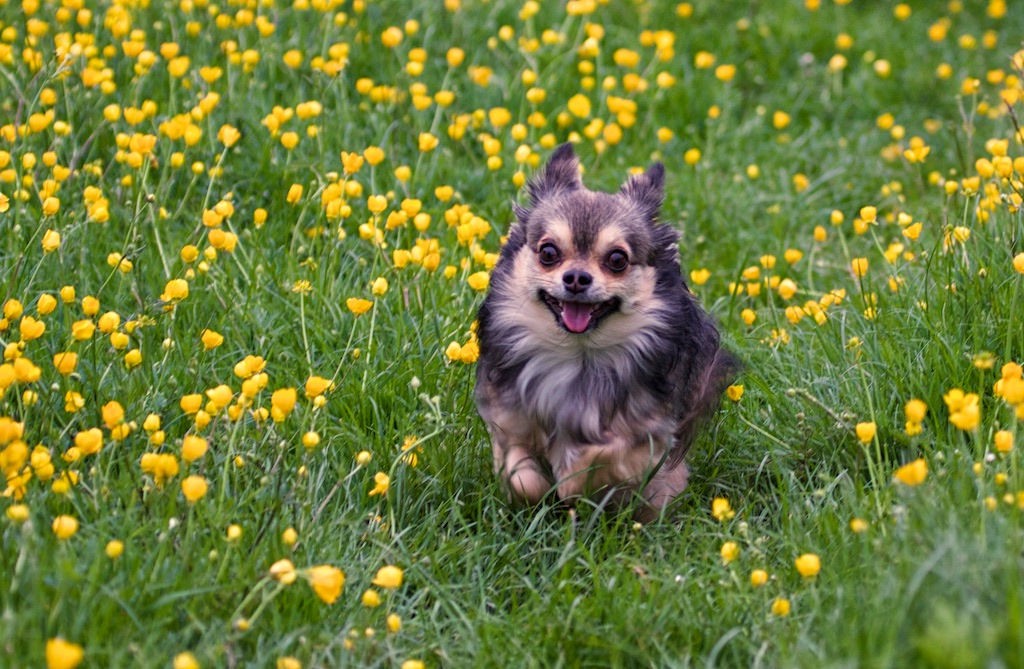No products in the cart.
Food
Grain Free Dog Food: Is it right for my dog?
From a dog’s healthcare to play time, pet parents are always looking to give their furry friends the best of everything; nutrition is no different. But often, between work, life and our busy schedules we don’t always find the time to properly research and consider the finer details of our dog’s nutrition.
Grain free dog food is all the rage at the moment. Head to your local pet store and chances are you’ll be overwhelmed by the options that are in front of you. As they can be quite pricey, many pet owners assume it must be the best option. But are grain free dog foods the best option for your pet?
Grain free dog food emerged from research around the diet of dogs and cats in the wild and of their ancestors. Living on a mainly meat-free diet, it’s no wonder their bodies had a limited ability to extract nutrients from non-meat or grain sources.
Dog food that contains grains is certainly not bad for your dog; the key is to choose the grains that have the most nutritional value and use them in proper proportions.
So, what are grains?
Grains are seeds from grasses that contain fibre, vitamins and minerals, carbohydrates, protein and other useful nutrients. Most Premium & Super Premium dog foods include grains, however after they are ground and cooked they’re more digestible and their nutrients are more easily absorbed.
Some of the grains that are best for our pets are rice, oats, barley and millet.
Why are grains used in dog food?
Premium and Super Premium dog food companies use grain ingredients to increase the nutritional benefits and for their ability to bind other ingredients together to form a kibble. Think of it like using breadcrumbs in human food to keep it formed.
Purchasing Premium & Super Premium dog food is important here, as some lower quality pet food brands use cheap milled grains as a filler; to help keep your dog full without actually providing the necessary nutritional value they really need. A symptom of can be indicated by many a poo during the day by your dog.
What are the benefits of a grain free diet?
The first and most obvious reason to switch your dog to a grain free diet is if they have allergies or trouble digesting grain-based food. If your dog shows symptoms of allergies, namely chronic diarrhoea or gas, licking their feet and an itchy behind, they may have an allergy to something they are consuming. Check with your Vet first, but a grain-free diet may help reduce these.
Just like us, if our furry friend consumes too much without a chance to burn their excess energy off they may experience some unhealthy weight gain. And because some grains contain a high amount of carbohydrates, feeding them a grain free diet could help control their weight. This isn’t true of all brands out there so make sure you do your research and read the nutritional label. Once again, consult with your Vet if you are unsure.
While there are clear benefits of going grain free, it isn’t always the best option for your dog. Why? As pet’s age, their digestive systems slow down meaning they may have a harder time processing some ingredients in their food. This is why some Premium and Super Premium dog food companies have introduced food specific to mature or senior dogs! If you have a senior dog or one with certain health problems, they may need a diet lower in protein or higher in fibre but consult your Vet if do have any concerns.
Do you think a grain-free diet might be right for your dog? You can check out our range of Premium and Super Premium grain free dog food here.
Advice and information provided in this article are intended to assist in keeping your dog happy and healthy. Please always seek professional veterinarian advice or any specific concerns.


